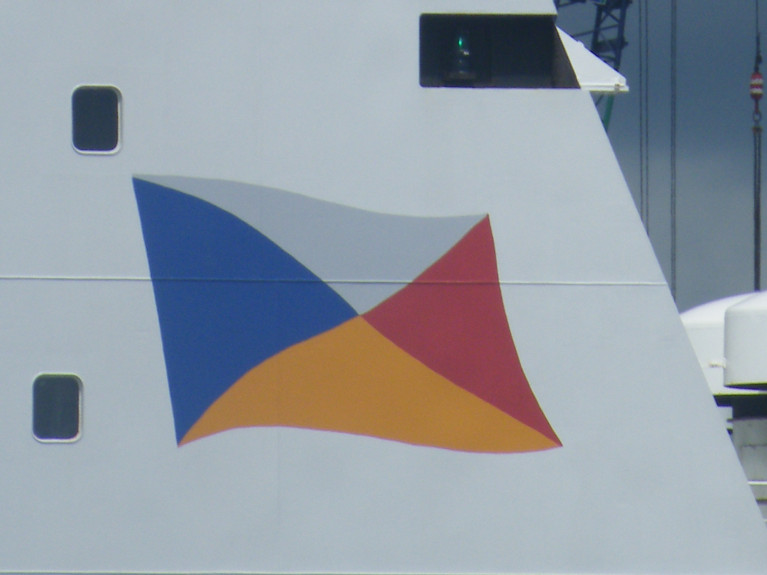Displaying items by tag: UK Bill
Ships which regularly come into UK ports along with seafarers will now be paid the minimum wage.
The government has introduced a new bill to stop firms using legal loopholes to pay low wages, following the P&O Ferries mass sackings.
The Government says the company's decision to dismiss 800 'loyal and hardworking workers' without consultation or notice, resulted in ministers taking immediate action to begin changing the law on seafarer pay protection.
The Seafarers’ Wages Bill, introduced in the House of Lords on Wednesday (6 July), enables port authorities to deny access to services calling regularly at UK ports which do not pay workers equivalent rate to the UK National Minimum Wage (NMWe) for time spent in UK waters – closing a legal loophole which was exploited by P&O Ferries.
Maritime Minister Robert Courts said: “Britain’s rich maritime history and exciting future is thanks to the extraordinary men and women who work at sea.
“Fair pay for seafarers is a must, and the new laws we’ve introduced in Parliament today send a clear signal to operators that the UK will not let seafarers be priced out of their jobs by rogue bosses.”
Following P&O Ferries’ mass sackings in March, the Government launched a consultation on the Seafarers’ Wages Bill in May 2022.
More here ITV News reports on the new seafarers wage bill.





























































